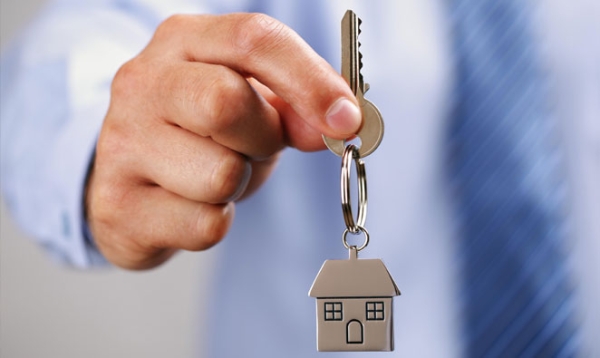
Muscat: A survey by the National Centre for Statistics and Information NCSI in January indicates that 83 per cent of those questioned live in their own residences, while only 14 per cent live in rental properties.
The remainder of those surveyed receive residential support from the government or their employers.
The survey was based on preferred housing, residential loan procedures, amounts of loans received, and residential support granted by the government
The respondents also indicated that 71 per cent prefer to live in villas though, in reality, only 55 per cent live in such villas, while 31 per cent live in traditional Arab houses, 9 per cent in flats and 5 per cent live in village houses.
Also, two-thirds of Omanis, almost 65 per cent, live in a house consisting of more than 210 square metres, while 19 per cent live in housing that does not exceed 150 square metres, according to the survey results.
Further, 48 per cent of those questioned live in residences with 3 to 4 rooms, while 22 per cent live in five to six room residences, 14 per cent in homes with 7 or more rooms, and only 16 per cent live in residences of one to two rooms.
The survey results also reported that the average number of persons per room was two.
Survey findings also indicated that the average number of years among those living in their current home is 10 years, while one-third of Omanis have lived in their current residence for the last 20 years, and another one-third have lived in their current residence for less than 5 years.
The questionnaire results also indicated that 34 per cent of Omanis live in residences which are smaller than they prefer, 13 per cent live in residences that are larger than what they need, and 53 per cent live in residences which meet their requirements.
Additionally, 97 per cent of Omanis prefer to live in residences connected to government water services, while 95 per cent believe that having a yard in their residences is necessary for them, along with other public services, internet, phone connections and sanitation services.
Also, the questionnaire results noted that 95 per cent prefer to live near mosques, while 98 per cent prefer to live close to health centres, paved roads, and have spaces for parking autos. Those questioned also prefer to live near relatives and friends, parks and green spaces, institutions of higher education, as well as sports and cultural clubs.